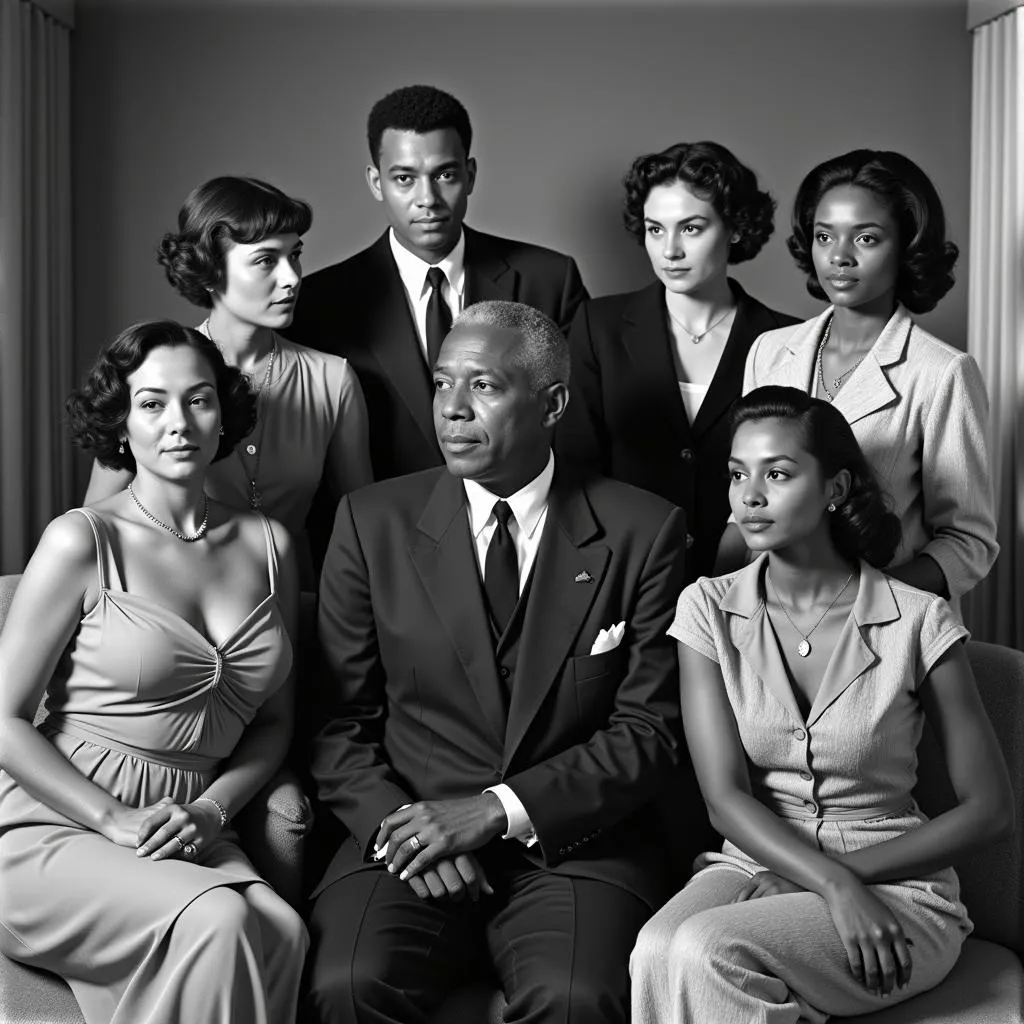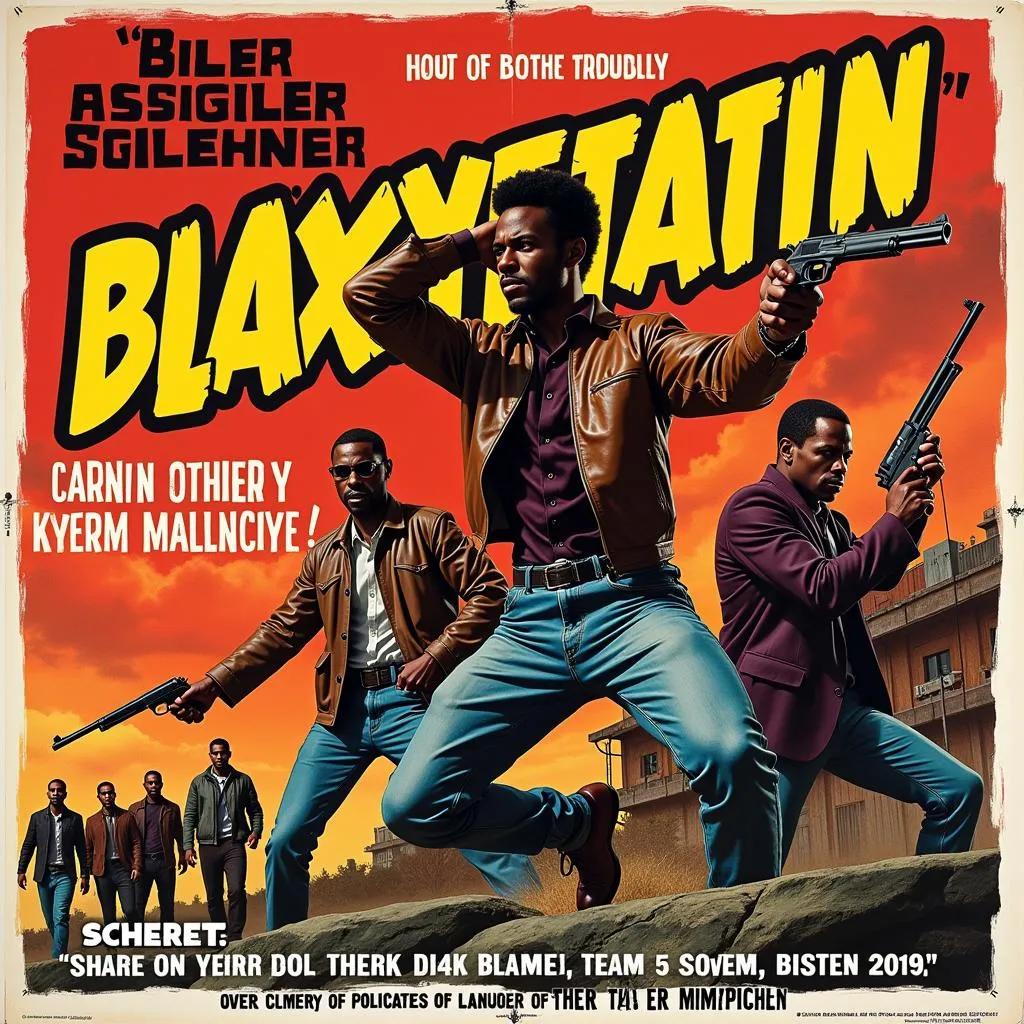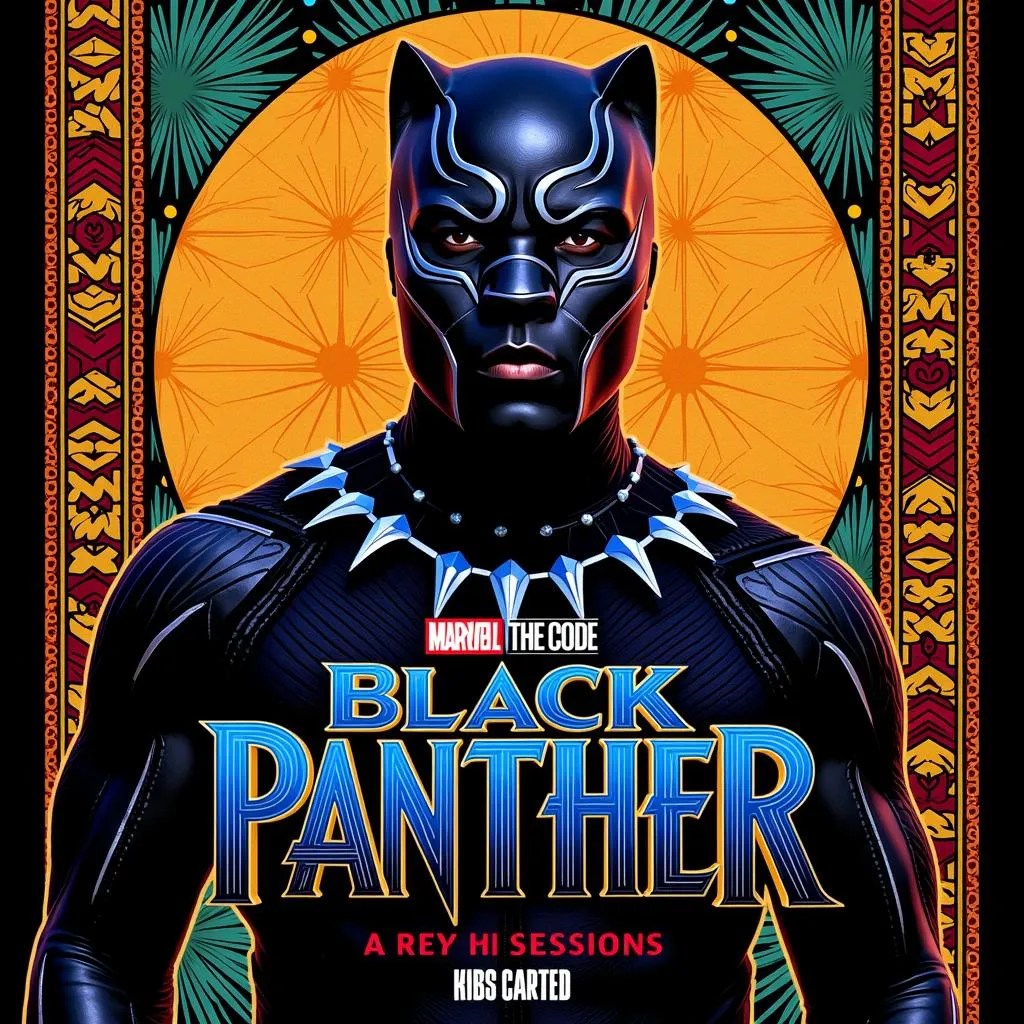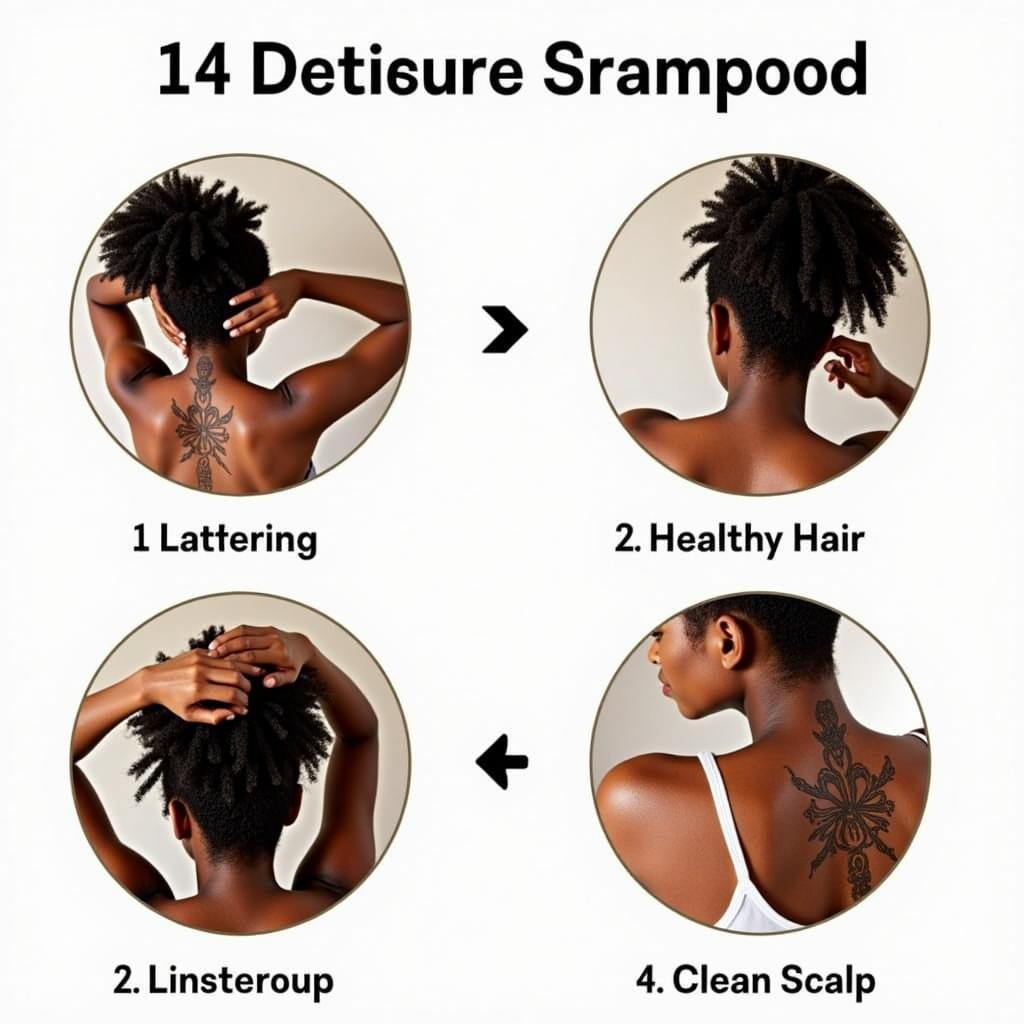African American Representation in the Film Industry: A Story of Progress and Challenges
The journey of African American Representation In The Film Industry is a complex narrative, marked by both significant strides and persistent challenges. From the early days of cinema to the present, Black actors and filmmakers have fought for visibility, authenticity, and equity in an industry that has often marginalized their voices and experiences.
A History Marked by Exclusion and Stereotyping
The early 20th century saw the rise of Hollywood, but it was an era largely defined by the exclusion of Black artists. Roles for Black actors were scarce and often relegated to stereotypical portrayals that reinforced harmful prejudices. Minstrel shows, with their racist caricatures, held a disturbing influence over early cinematic representations of Blackness.
Breaking Barriers: Pioneers of Black Cinema
Despite the obstacles, trailblazers emerged, determined to reshape the narrative. Oscar Micheaux, a visionary filmmaker, established his own production company in the 1920s, creating films that offered a counter-narrative to the prevalent racist stereotypes. His work, often addressing themes of racial injustice and Black empowerment, laid the groundwork for future generations of Black filmmakers.
 Early Black Filmmakers
Early Black Filmmakers
The Civil Rights Movement and Evolving Representations
The Civil Rights Movement of the 1950s and 1960s brought about a cultural shift that impacted the film industry. Films began to grapple with themes of racial inequality, albeit often through a lens that centered white perspectives. Sidney Poitier’s rise to stardom marked a pivotal moment, as he became a symbol of hope and progress, challenging Hollywood’s ingrained biases.
Blaxploitation: A Complex Legacy
The 1970s witnessed the emergence of blaxploitation films, a genre that offered Black actors leading roles in action-packed narratives. While criticized for sometimes perpetuating stereotypes, these films also provided a platform for Black stories and talent, catering to Black audiences often ignored by mainstream Hollywood.
 Blaxploitation Film Poster
Blaxploitation Film Poster
The Fight for Diversity and Inclusion: From the 1980s to Today
The late 20th and early 21st centuries saw a growing movement advocating for greater diversity and inclusion in Hollywood. Spike Lee, John Singleton, and Julie Dash are among the prominent filmmakers who emerged during this period, bringing fresh perspectives and challenging industry norms. Their films explored a wider range of Black experiences, moving beyond stereotypical portrayals.
The Power of #OscarsSoWhite and the Push for Change
The #OscarsSoWhite campaign, launched in 2015, highlighted the lack of diversity among Academy Award nominees, sparking a larger conversation about the systemic barriers faced by people of color in Hollywood. This movement has led to some progress, with increased representation in front of and behind the camera.
Black Panther: A Watershed Moment
The release of “Black Panther” in 2018 marked a watershed moment for African American representation in the film industry. The film’s critical and commercial success, along with its celebration of African culture, demonstrated the global appeal of diverse storytelling.
“Seeing a film like ‘Black Panther’ with a predominantly Black cast and a Black director, it showed the world that our stories matter,” notes Dr. Kimberly Jones, a film scholar specializing in Black cinema.
 Black Panther Movie Poster
Black Panther Movie Poster
Challenges Remain: The Ongoing Struggle for Equity
Despite the progress made, significant challenges remain. The fight for equal pay, opportunities for Black creatives behind the scenes, and authentic portrayals that reflect the diversity of Black experiences continues.
Conclusion: A Future of Promise and Continued Advocacy
The journey of African American representation in the film industry is far from over. While strides have been made, the fight for equity and authentic representation must continue. By supporting Black filmmakers, advocating for diverse storytelling, and challenging the industry’s systemic biases, we can help create a future where Black voices are celebrated and amplified.


